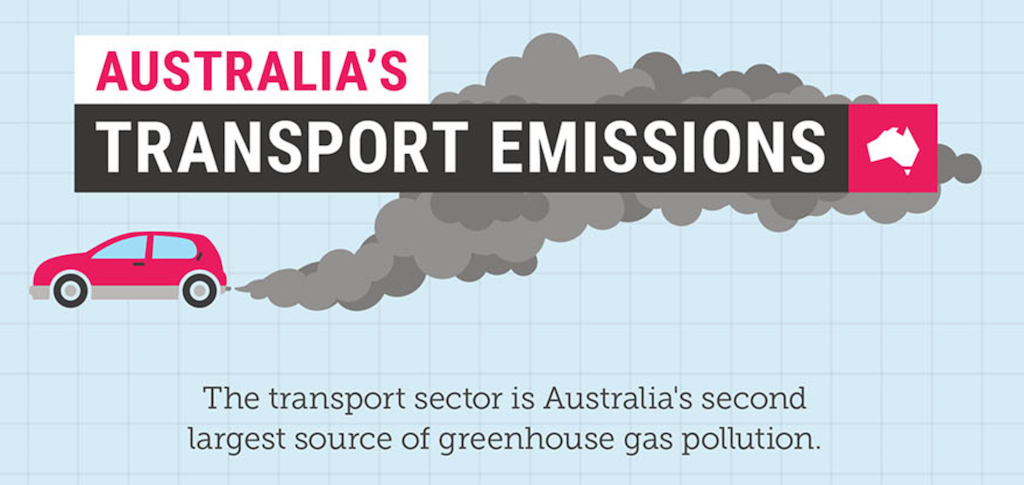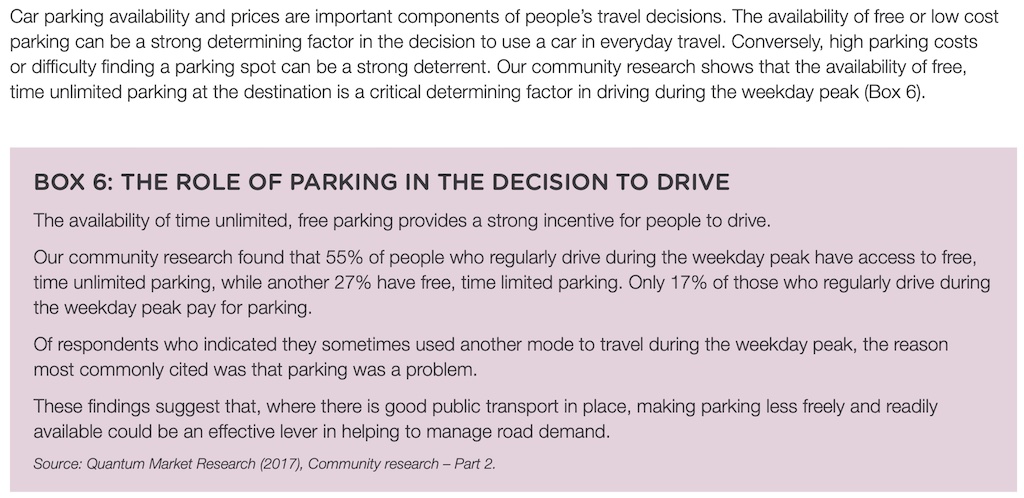Item 8.5 on the agenda for the Yarra Council meeting on 16th March 2021 is a report on the “Implementation of the Climate Emergency Plan”. The report claims that “solid” and “strong” progress has been made to implementing the plan. We disagree, here’s why.
Key issues
Council has declared a climate emergency, and adopted a Climate Emergency Plan, intending to reduce the emissions of carbon pollution. Our view is that council has failed to deliver solid progress because it has failed to recognise and overcome its own cognitive dissonance – on the one hand council is spending money to reduce carbon pollution, while on the other hand council continues to subsidise carbon pollution.
The report also claims that there are “no financial implications” of the progress update – this is wrong. There are huge financial implications. To address climate pollution council needs to stop subsidising it, while also identifying a revenue stream that can support other mitigation actions.
Council’s subsidy of carbon pollution
The Climate Council has identified that transport is Australia’s second largest source of carbon pollution.

Infrastructure Victoria have identified that the provision of free or low cost parking (i.e. at below market rates) incentivises driving and thus carbon pollution.

The City of Melbourne and the City of Moreland have identified that on-street parking is subsidised:
From a parking policy perspective it would be of value to be more explicit about the broader value and the subsidy offered via residential permits.
City of Melbourne Transport Strategy Refresh Background Paper Car Parking, May 2018

Streets Alive Yarra have surveyed the market rate and subsidy for parking in Yarra, concluding that the market rate is at least $3,000 year and that the council subsidy is approximately 99%.

Across Yarra, the total subsidy of on-street parking permits is over $80 million per year, based on 30,000 permits that are subsidised by 99% of $3,000. Similarly, the total subsidy of free parking bays is over $100 million per year, based on 33,800 on-street parking bays each worth $3,000. These are huge values, worthy of detailed assessment by council.
Accelerating cultural change by focusing on transport
The adopted Climate Emergency Plan is correct to position “mobilise and engage the community” as Strategic Priority #1, because most of our carbon emissions are from buildings, and mitigation requires owners to invest in improvements. Thus, we are facing a challenge of cultural change. However, the Climate Emergency Plan fails to identify the most effective way to achieve this – which is to focus on an issue which is visible to every person, every day – transport. Everyone interacts with our streets each day as we move around the city. The simplest, and indeed revenue positive, means of communicating the importance of addressing climate change is to change how we allocate public land and how we price access to public land. We need to immediately reduce our subsidy of carbon pollution from motor vehicles, by reducing our subsidy of on-street parking. We can achieve significant publicity, promote significant discussion and cultural change, and raise significant revenue by more fairly pricing on-street parking.
A core issue of social justice
Decreasing the subsidy of on-street parking is a core issue of social justice, because addressing climate change is a core issue of social justice. In addition, reallocating street space and correctly pricing street space (i.e. parking) is a core issue of social justice for people who can’t drive or can’t afford to drive, such as children, youth, people on low incomes, seniors, or some people with disabilities, because our present allocation of space and budget is disenfranchising those cohorts from independent mobility.
All these cohorts deserve the ability to get around without a car, and to enable this we need both space and revenue to invest in infrastructure for walking, cycling and public transport (e.g. walking or rolling to public transport stops, and streets designed to support level access public transport stops). At the same time, as a core issue of social justice, we can support people who need to drive, such as some other people with disabilities, by significantly increasing (e.g. tripling) the number of disabled parking bays across Yarra.
Actions requiring further funding
The report is correct to identify in Item 15 an extensive list of actions that require further funding. The missing element is to identify revenue opportunities, especially ones that directly relate to carbon pollution.
Options
The report is wrong to claim in Item 16 that there are no options to consider. There are clear options to consider, such as reducing the subsidy of carbon pollution. This can occur by:
- Converting free parking to paid parking, either metered or permitted
- Increasing the price of parking permits
- Establishing a benchmark price by auctioning a limited number of “C1” permits, similar to the “Flexible Permit” from the City of Moreland
Social implications
The report is correct to claim in Item 22 that the actions in the Climate Emergency Plan have considerable social benefits. Indeed, climate emergency is a core issue of social justice, including intergenerational equity. The report would have been better if it had also clearly stated that measures to reduce the subsidy of carbon pollution, as identified above, would deliver considerable social benefits.
Financial impacts
The report is wrong to claim in Item 26 that there are no financial implications. As stated above, there are huge financial implications, on the order of $100 million. To address climate pollution council needs to stop subsidising it. By doing so council will realise a financial gain which can be reinvested in further measures to reduce carbon pollution, for example by funding the extensive list of measures that remain unfunded.
Conclusion
Streets Alive Yarra urges council to improve its reporting. Elected councillors are, in effect, part-time generalists that largely rely on professional advice from full-time specialists. The council report fails to present the full picture, fails to identify and quantify the subsidy of carbon pollution, and fails to offer options for reforms that would both decrease carbon pollution and provide revenue to fund other already identified actions. Councillors should ask Officers to bring an updated and improved report back to council, addressing these issues.
Published on 14th March 2021.
